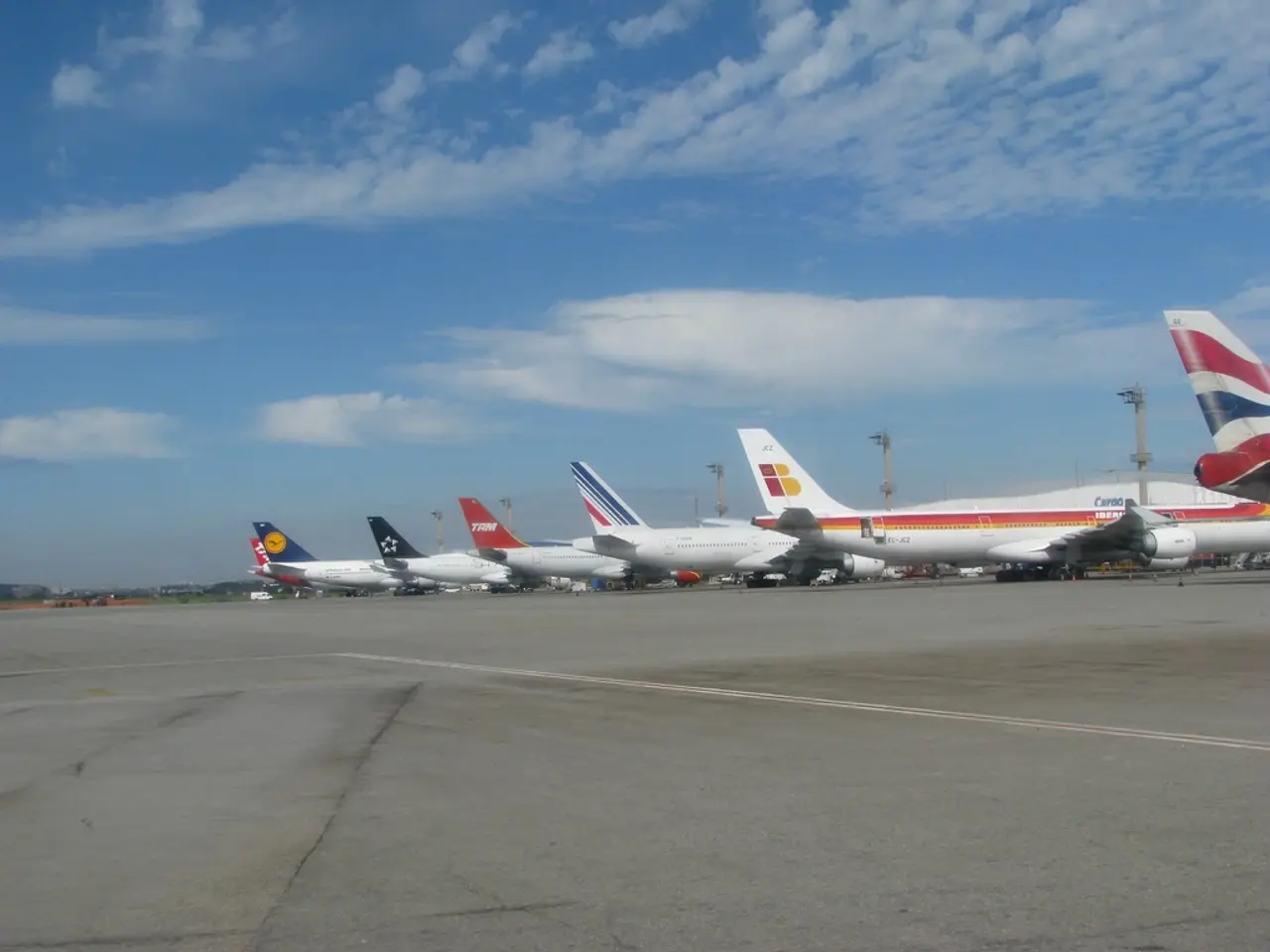Airport Expansion at U-Tapao Experiences Delays as Initial Investment Amount Undergoes Review
U-Tapao Airport Phase 1 Investment Reduced Due to HSR Delays
The development of U-Tapao Airport and the Eastern Aviation City is facing adjustments, with the proposed Phase 1 investment being reduced from an initial capacity of 6 million passengers to 3 million passengers. This decision is primarily due to delays in the Eastern High-Speed Rail (HSR) project, which impacts expected passenger volumes and the economic integration that the airport expansion depends on.
Negotiations between the Eastern Economic Corridor (EEC) authority and private investors focus on amending investment plans without altering the core concession agreement. The revised approach intends to mitigate the risk that reduced capacity might discourage airlines and passengers, thus requiring a multifaceted strategy to maintain the project's viability and attractiveness.
Full-scale development of Phase 1 is planned to resume only once the HSR is operational and passenger numbers reach around 2.4 million (80% of the original target capacity). This phased approach aims to balance investment costs and maintenance expenses while awaiting improved connectivity.
The EEC Office has prepared a comprehensive package of investment privileges for U-Tapao Airport and other operators developing projects within the Aviation City. These incentives include corporate income tax exemptions for up to 15 years, a reduction of up to 50% of the normal corporate income tax rate for a maximum of 10 years.
The construction of U-Tapao Airport's second runway is underway, with Italian-Thai Development Public Company Limited (ITD) having been selected as the contractor. The contract with the construction contractor and the construction supervision consultant is expected to be signed within July.
Despite the delays in the HSR project, ongoing infrastructure upgrades around U-Tapao, including access roads and linked commercial developments, continue under Public-Private Partnership (PPP) and other models, demonstrating a commitment to long-term growth but with phased implementation.
Rights for foreign nationals to enter, reside in Thailand, and obtain work permits are part of the package. Operators can also expect exemptions or reductions from customs law compliance. The concessionaire, U-Tapao International Aviation Co. Ltd. (UTA), is proposing a scale-back in its initial investment.
Ongoing negotiations between UTA and the EEC about the terms for proceeding in the HSR's absence remain unresolved. An underground tunnel will be built within the airport to accommodate the future high-speed rail connection as planned. The delays in the HSR project have broader economic implications, potentially affecting regional growth forecasts tied to infrastructure improvements and investment inflows in the Eastern Economic Corridor.
The decision to revise the investment scale is also influenced by the expansion of Suvarnabhumi Airport and the impact of the COVID-19 pandemic on passenger growth projections. The protracted hold-up of the Notice to Proceed (NTP) has led to repeated postponements, with the latest deadline being 15th July 2025.
[1] Eastern Economic Corridor Office (EECO). (n.d.). U-Tapao International Airport. Retrieved May 10, 2023, from https://www.eeco.or.th/en/investment-opportunities/projects/utapao-international-airport
[2] The Nation Thailand. (2021, July 14). Delta Electronics to expand production in Rayong. Retrieved May 10, 2023, from https://www.nationthailand.com/business/40014975
[3] Bangkok Post. (2021, February 16). U-Tapao airport to start second runway construction in Q3. Retrieved May 10, 2023, from https://www.bangkokpost.com/business/2041413/u-tapao-airport-to-start-second-runway-construction-in-q3
- The reduction in investment for U-Tapao Airport's Phase 1 is primarily due to delays in the Eastern High-Speed Rail (HSR) project, impacting the international finance of the project, and the overall economy.
- Negotiations are ongoing between investors and the Eastern Economic Corridor (EEC) authority, focusing on adjusting investment plans for U-Tapao, which includes real-estate developments and business opportunities within the Aviation City.
- The Eastern Economic Corridor Office has prepared a package of investment incentives, offering corporate income tax exemptions and reductions for up to 15 years, to attract foreign investors in the face of HSR delays.
- Despite these challenges, other infrastructure projects, such as access roads and linked commercial developments, continue under Public-Private Partnership (PPP) and other models as part of the overall transport system upgrade.
- The revised approach to U-Tapao's development requires a multifaceted strategy to maintain the project's attractiveness to business, finance, and sport sectors, and to ensure sustainable and long-term growth.




